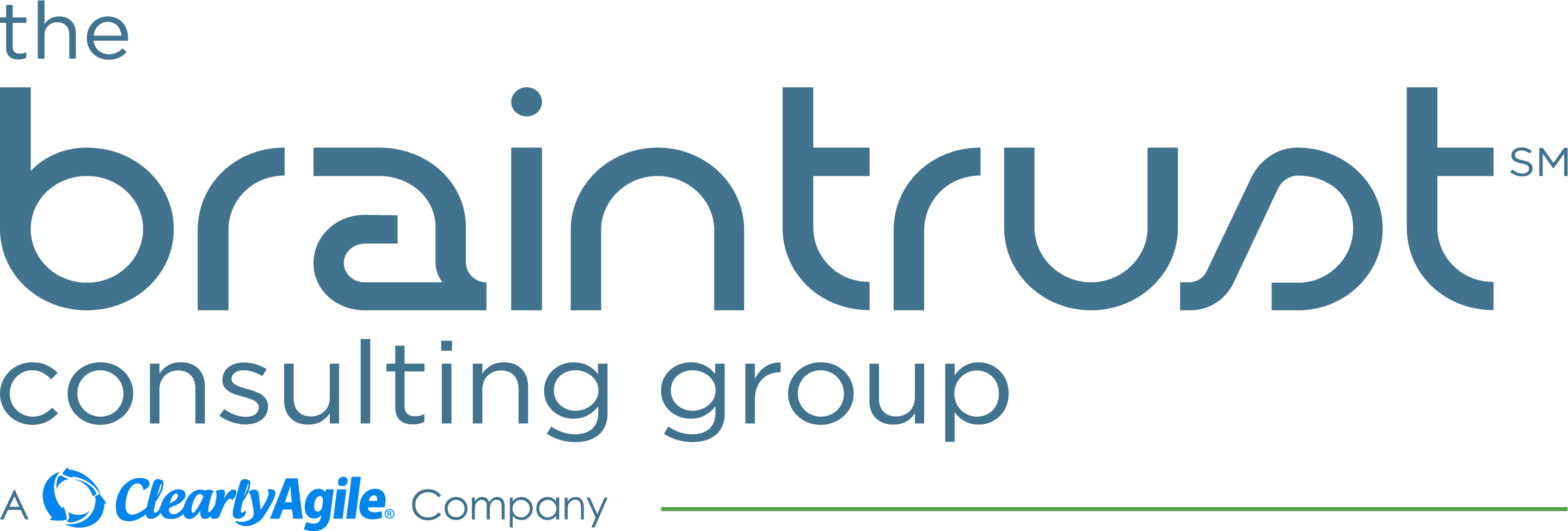One of the ScrumMaster’s duties is to clear roadblocks for team members. However, roadblocks can be created by people. For this reason, roadblocks can be a touchy subject in the daily Scrum meeting. Let’s talk about why and how you can remove any objections to mentioning roadblocks.
To review, there are three questions in the daily Scrum meeting:
1. What did you do yesterday?
2. What are you going to do today?
3. Do you have any roadblocks?
Numbers one and two are pretty simple, but number three can create an uncomfortable silence. Lately in my coaching assignments I have noticed a trend. People don’t want to raise roadblocks because they feel like they are calling someone out. To me this isn’t a negative thing. It simply highlights something that you need in order to be successful.
Whatever the reason for the roadblock, the ScrumMaster cannot help clear that roadblock unless they are aware of it.
So how can we improve the reporting of roadblocks? The ScrumMaster must be adept at leading their team using the following guiding principles.
Make it safe. Everyone on the team needs to feel safe in order to have frank and open discussion. In the book Crucial Conversations, this is accomplished through establishing a mutual purpose. Part of the ScrumMaster’s role is to ensure that the team is focused on the goal of project completion. When everyone understands that it’s about the project, they tend to feel safe. Also, set rules that in the daily Scrum there will be mutual respect among all team members.
Reinforce the act of raising roadblocks. You might need to do this to get things rolling. When others see that roadblocks aren’t a bad thing, they will be more willing to bring them up.
Move to action. It is easy to get defensive when you are the cause of a roadblock. When this happens, deflection, blame, and finger-pointing occurs. While it is important to understand the cause, it is more important to move past it. The effective ScrumMaster addresses the solution during the daily Scrum. He also addresses the cause separately so that the team can get back to work.
Where practical, resolve the roadblocks during the daily Scrum. When your team sees that roadblocks are being cleared, they are more likely to bring them up during subsequent meetings. Immediacy is very reinforcing.
Foster trust in the team environment. This comes through relationship. Know your team members and do things so that they get to know each other. Let your team members know they can always ask for help. Recognize and reinforce team-building habits. Quickly address and correct any signs of trouble that might jeopardize trust.
Do not allow outsiders in the daily Scrum meeting. Their presence will naturally reduce the conversation and interaction among the team. Since the roadblock question is the least comfortable to answer, your team probably won’t speak up with others in the room.
Is your Agile team dealing with this issue? What practices have you employed to get your team to open up? If your roadblocks remain largely unmentioned, Braintrust Consulting is here to help. We offer training and coaching on the Agile methodology leading to such certifications for your team as Certified ScrumMaster and Certified Scrum Product Owner. We have public classes or we can bring the training to you, customized to fit your needs. Our course offerings and services can be found in the Services link or click the Contact link to find out more.




